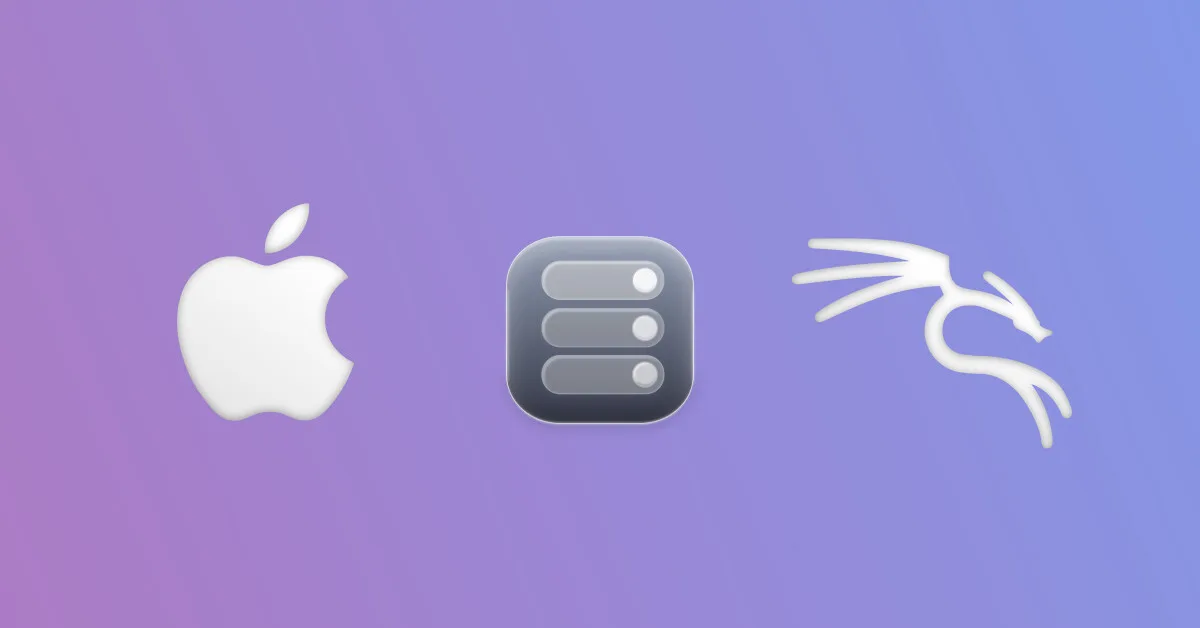The developers of Kali Linux report that Kali can now be run in a virtualized container on macOS Sequoia using Apple’s new containerization system.
Previously, at WWDC 2025, Apple announced a new containerization system that allows running isolated Linux distributions in a virtual environment on Apple Silicon devices — similar to Microsoft’s Windows Subsystem for Linux 2 (WSL2).
As the Kali Linux developers write, macOS Sequoia users on Apple Silicon devices can install the CLI via Homebrew and initialize the launch of Apple’s containerization system:
brew install --cask container
container system start
After that, Kali Linux is launched with the command container run --rm -it kalilinux/kali-rolling.
In this case, the container image is downloaded from the Docker Hub library and runs inside a macOS virtual machine. You can also mount a local directory into the Kali container by executing the command: container run --remove --interactive --tty --volume $(pwd):/mnt --workdir /mnt docker.io/kalilinux/kali-rolling:latest.
It is noted that the new functionality has limitations. In particular, it only works on Apple Silicon and does not support devices based on Intel solutions.
The Kali team also warns that there may currently be bugs related to network functionality:
“There are currently a few known containerization limitations, especially on macOS Sequoia 15. For example, a container may not obtain an IP address or might not have any network access at all,” the announcement states. “We advise following Apple’s recommendations if you encounter such issues.”
Additionally, it is noted that certain tasks requiring access to physical hardware will not work, as the container is isolated from the “hardware.”
